Elections in Serbia: ‘Vučić’s party now controls the whole state system’
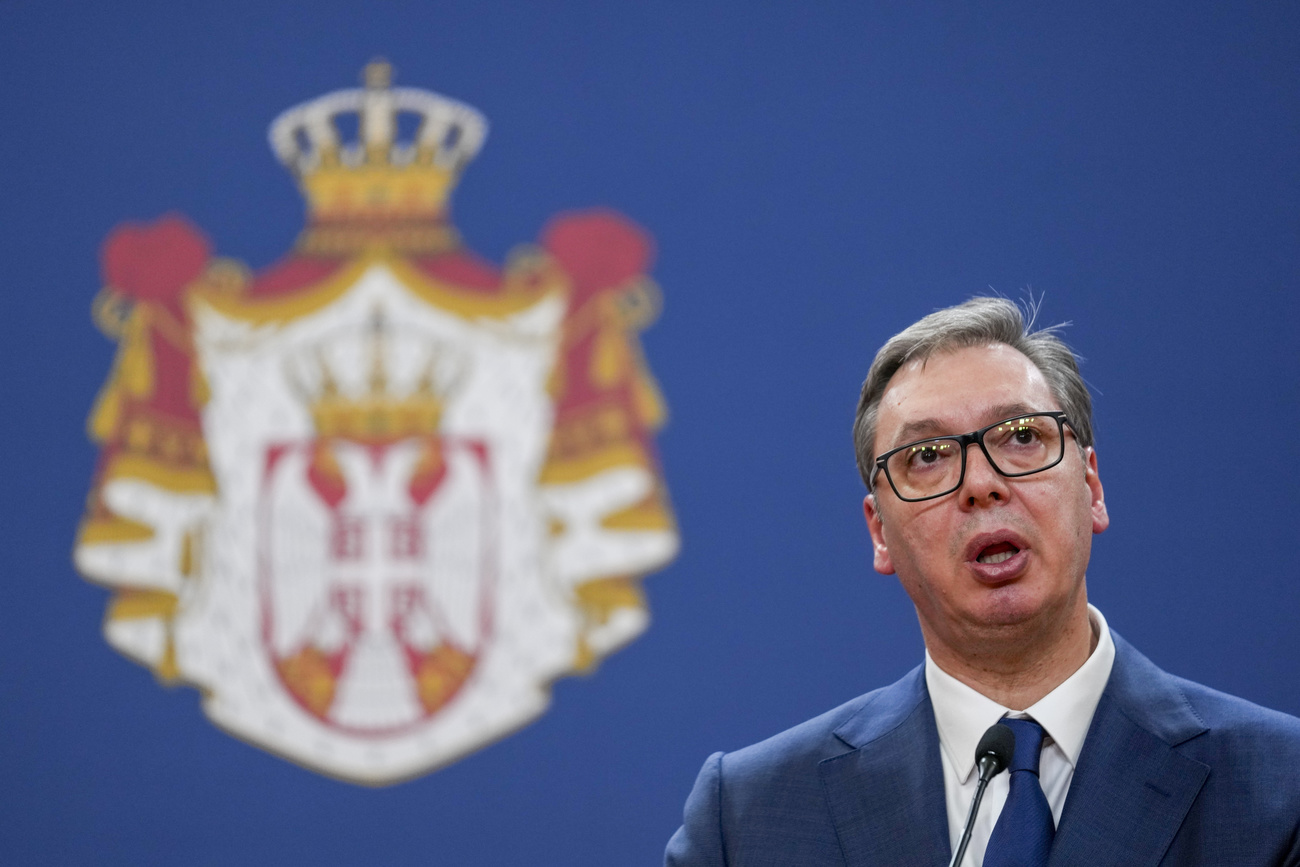
The Serbian people are due to go to the polls in a month. In recent years President Aleksandar Vučić has eroded his nation’s democratic institutions. Is there any chance of change on the horizon?
SWI swissinfo.ch spoke to Swiss political scientist Daniel Bochsler, a professor at the University of Belgrade.
SWI swissinfo.ch: Serbian president Aleksandar Vučić recently announced that a general election would be held on December 17, although his coalition seems solid enough. What do you think were his reasons for calling an early election?
Daniel Bochsler: It was already widely known that elections were coming. It’s just that now a date has been set.
Whether there was any particular reason, I can’t say. In the last ten years, early elections have become the rule, even if they are not really necessary, as the [governing] coalition is holding on.
The protests we saw during the summer might have had some effect.
SWI: You mean the protests against violence, after two mass shootings – one at a school, and one by an adult in the Belgrade region.
D.B.: The protests began as a reaction to those violent incidents, but then embraced the whole question of violence and a regime that is a cause of this violence in a variety of ways.
SWI: The current president, Aleksandar Vučić, was propaganda minister for Slobodan Milosević in the 1990s. Later he reinvented himself as a campaigner for joining the European Union. In the present geopolitical situation, he seems to be walking a fine line between Russia and the EU. How does Vucic manage to be so ambivalent and at the same time so successful?
D.B.: These days, this kind of thing is becoming familiar in Western Europe. Giorgia Meloni leads the government in Italy, and she has evolved from a post-fascist to a pragmatic right-wing politician.
The Progress Party here emerged from the split in the radical Serbian SNS Party as a post-fascist movement. It is now trying to come across as a grassroots centre-right party. Aleksandar Vučić is a figure who is popular with many Serbs. He always seems to be on TV, not necessarily in a political context. He has a good deal of talent, and he relies on cronyism and populism, spiced with a bit of nationalism.
Vučić strikes a chord with a wide range of citizens. Once his party achieved a majority in government, he then used undemocratic methods to close off the democratic arena.
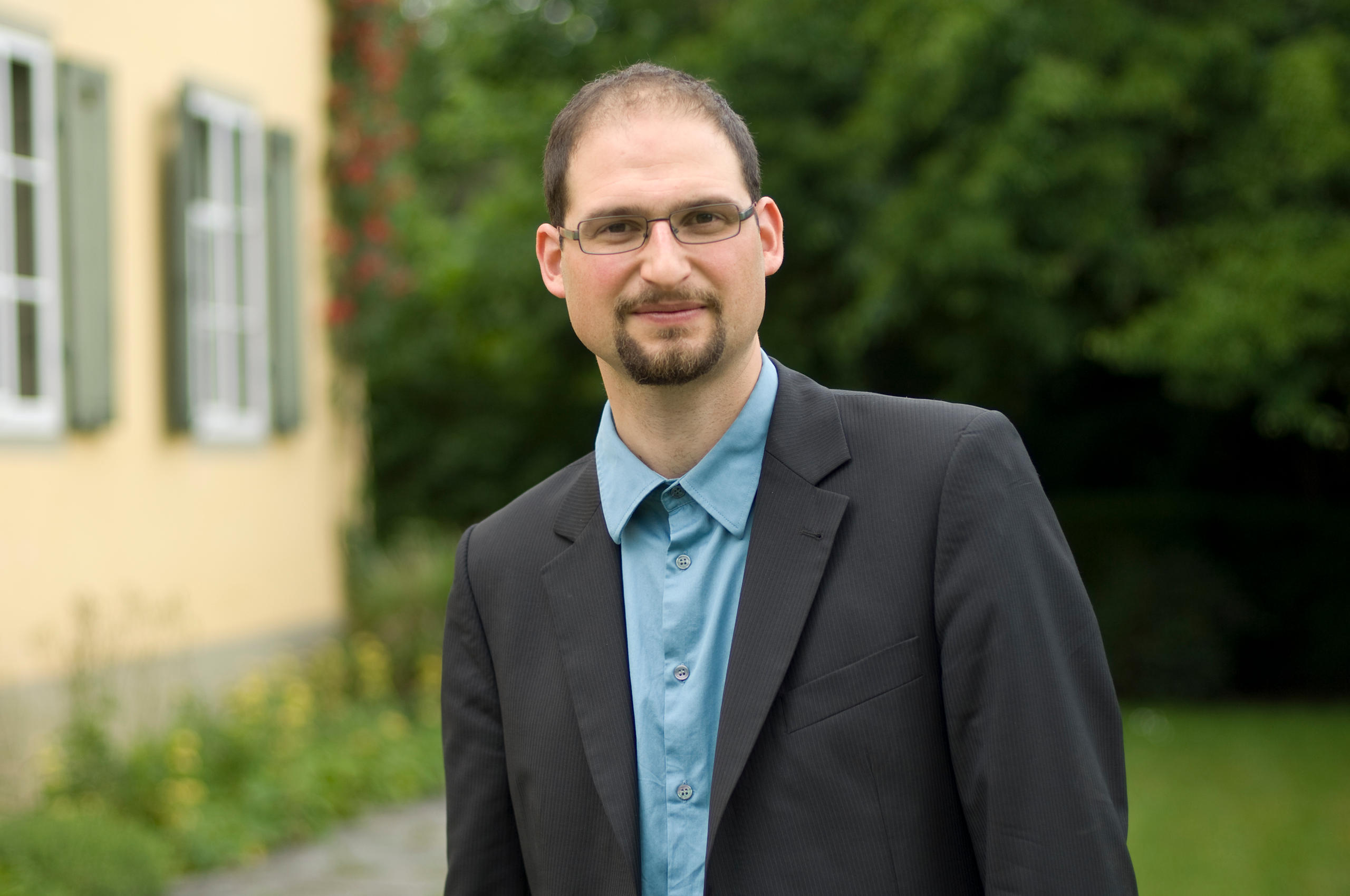
SWI: In Switzerland you were co-project leader of Democracy Barometer, which analysed the state of democracy in many countries. You discussed the findings in a co-authored article on authoritarianism in Eastern Europe. At that time, 2020, you found that political pluralism in Serbia and Hungary had been suppressed by the major parties in government. How have things developed since then, in your view?
D.B.: In Serbia, democracy has declined further. The state and civil service are being used by the government for its own partisan purposes. Media close to the regime are recruited for the regime’s campaigns. Independent reporting media are at a constant disadvantage.
SWI: What sort of disadvantage do you mean?
D.B.: They get bought up, or their distribution range is restricted. The most significant issue is the broadcasting licence. TV stations independent of the government cannot get a national licence now. And TV is the main medium people consume.
Nationwide broadcasting licences go to privately-owned TV stations where the standard is particularly low – reporting that does not just cosy up to the government, but is really poor-quality. The assignment of broadcast frequency bands is the heaviest form of censorship of the media.
The wave of protests took that up as an issue, because some of the privately-owned broadcasters where Vučić often likes to make presidential speeches have a range of programmes that glorify violence.
SWI: This wave of protests happened, and there is an opposition in parliament. But is there any real likelihood of the elections bringing about change in the country?
D.B.: That will emerge in the coming weeks. Support for the governing party is declining, according to the polls. But there is no unified opposition. There may be change locally, say in Belgrade itself. Nationwide that is looking very unlikely.
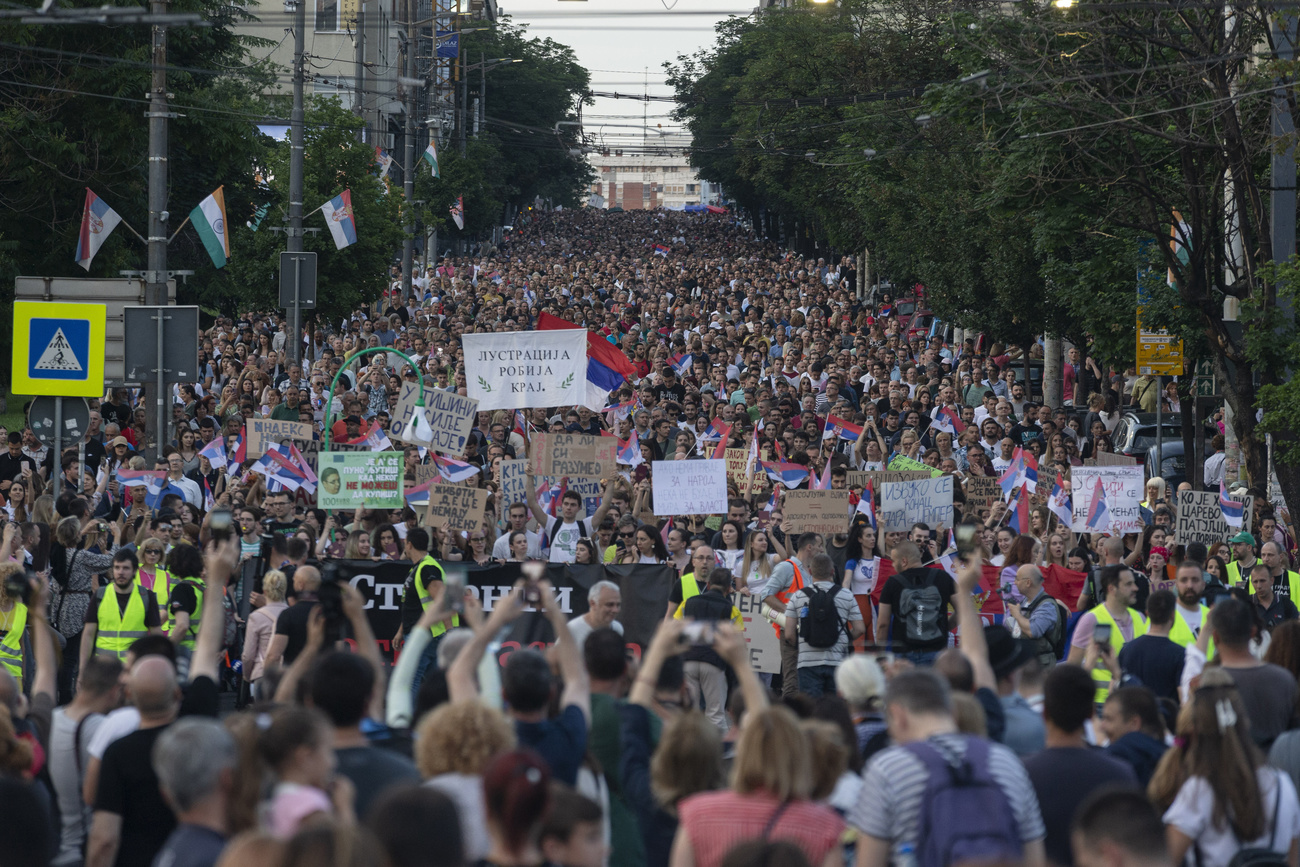
SWI: What would change look like? The opposition includes some ultra-nationalist parties, which are to the right of the Progress Party. Even the coalition led by Marinika Tepic, where there are mostly moderate groupings, is very divided.
D.B.: That coalition is united on one issue, which is the key one when dealing with a regime like this. It is: do we want to get back to democracy and the rule of law?
This is one of the most urgent political problems in Serbia. Since the protest movement started, the government has been trying to divide the opposition against itself. The government is trying to bring the Kosovo issue front and centre, to show that the opposition is not united on that issue.
The opposition tries to skirt around that issue and focus on democracy basics: do we want the rule of law, do we want to put a stop to the links between government and mafia – or do we want to go on like this?
There is more unity there than might first appear when looking at it from the outside – even if you have Fascists marching to the same tune as Liberals and Greens.
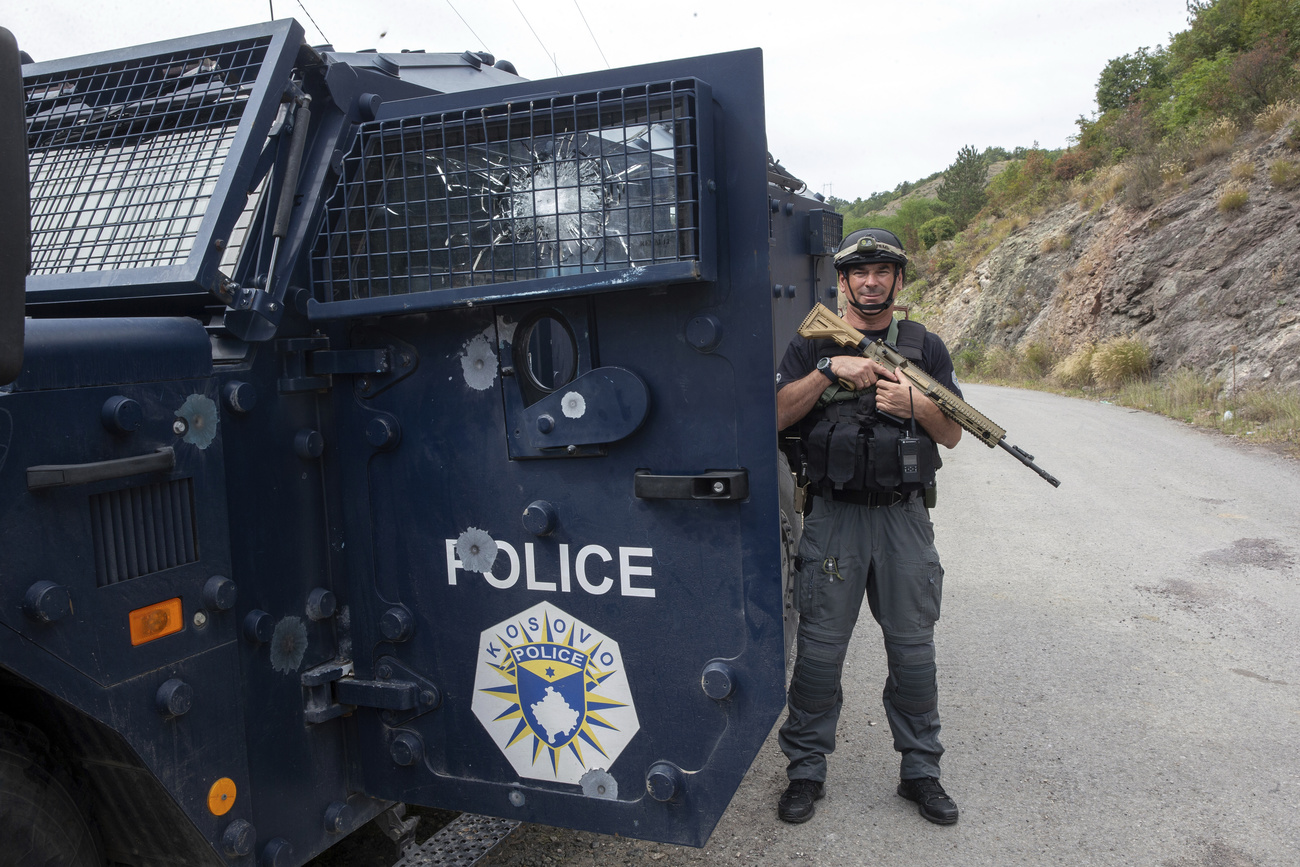
More
‘Swiss diplomacy in Kosovo is not very visible’
SWI: What would happen with this coalition in the unlikely event of a change of government?
D.B.: The differences within the coalition would of course become more visible. But a more interesting question would be how long the Progress Party of Aleksandar Vucic would survive. The governing party lives off the fact that it can control the state and the bureaucracy. They are not elected for ideological reasons.
The party counts civil servants among its supporters. These people are under great pressure and face losing their jobs and have to mobilise their clans to survive. If the party loses power, it loses its raison d’être, and would self-destruct sooner or later.
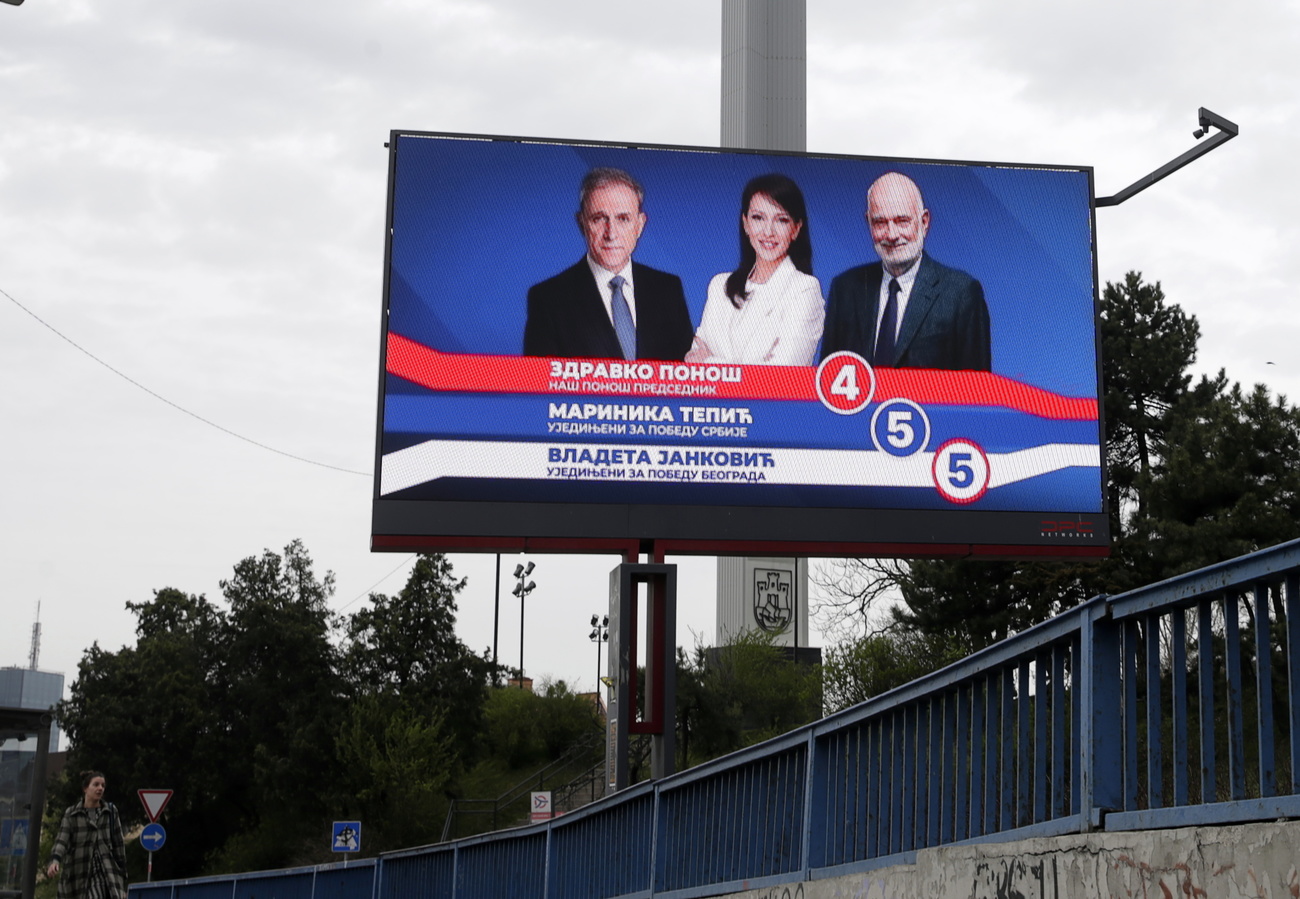
SWI: In 2020 you commented on the consequences of populism for states lacking a tradition of democracy, like Hungary and Serbia. Is the situation more drastic in Serbia, given that Hungary as an EU member state has to conform to democratic standards?
D.B.: I wouldn’t be too sure of that. The EU’s tools for dealing with member states are toothless. This is due to the unanimity requirement in the EU – never mind that most of the member states regard themselves as a democratic alliance.
The EU can, however, set strict democracy criteria for candidates to join the Union. In order for these criteria to be effective, the candidacy process would have to become a more credible affair.
The escalation of Russia’s war has changed many things. The EU has to set a credible path to membership for Ukraine, Moldova and Georgia. It’s also time to revive the candidacy process in the Western Balkans, as here in recent years the belief in EU membership has been fading away. It would give a new impulse to Serbia and other countries of the region as regards democracy criteria.
SWI: You said that change would be possible at the local level in the elections of December 17. Would local change in Serbia mean any real change, if Vucic’s Progress Party still wins nationwide?
D.B.: The Progress Party has now a formidable degree of control of the entire state apparatus. With the exception of communities with an Albanian majority, it controls the whole country. In the last local elections, it has taken control by illegal means. So right now there is not the slightest chance for the opposition to get its hands on administrative powers.
One advantage of governing at the local level is that a candidate can show how he or she would do things better. The capital region is particularly important here, because Serbia is not a country like Switzerland, with just a small national capital.
About a quarter of the population live in the Belgrade metropolitan region. Whoever controls the government here is in a strong position – unlike in a federation like Switzerland. The government of Belgrade would be a place to build one’s power base for a shot at the presidency.
Zoran Djindjic, the first democratic prime minister of Serbia, started out as mayor of Belgrade.
SWI: As a political scientist you work with data and statistics. But as a professor at the University of Belgrade, do you also get a feeling from everyday encounters that the mood is shifting?
D.B.: I do notice things in my immediate environment, of course. But as a political scientist I have learned that my perceptions and my environment may not be those of the majority.
It does strike me somewhat, though, when colleagues I never talked politics with before come to me and tell me about things that are happening in their working lives – their discontentment, and the pressure they feel put under to take part in the pseudo-demonstrations held by the governing party.
But we do need to be careful not to extrapolate any trends in society from our own experience. For that we would need better tools to guide us, like opinion polls.
Edited by David Eugster. Translated from German by Terence MacNamee/gw

In compliance with the JTI standards
More: SWI swissinfo.ch certified by the Journalism Trust Initiative









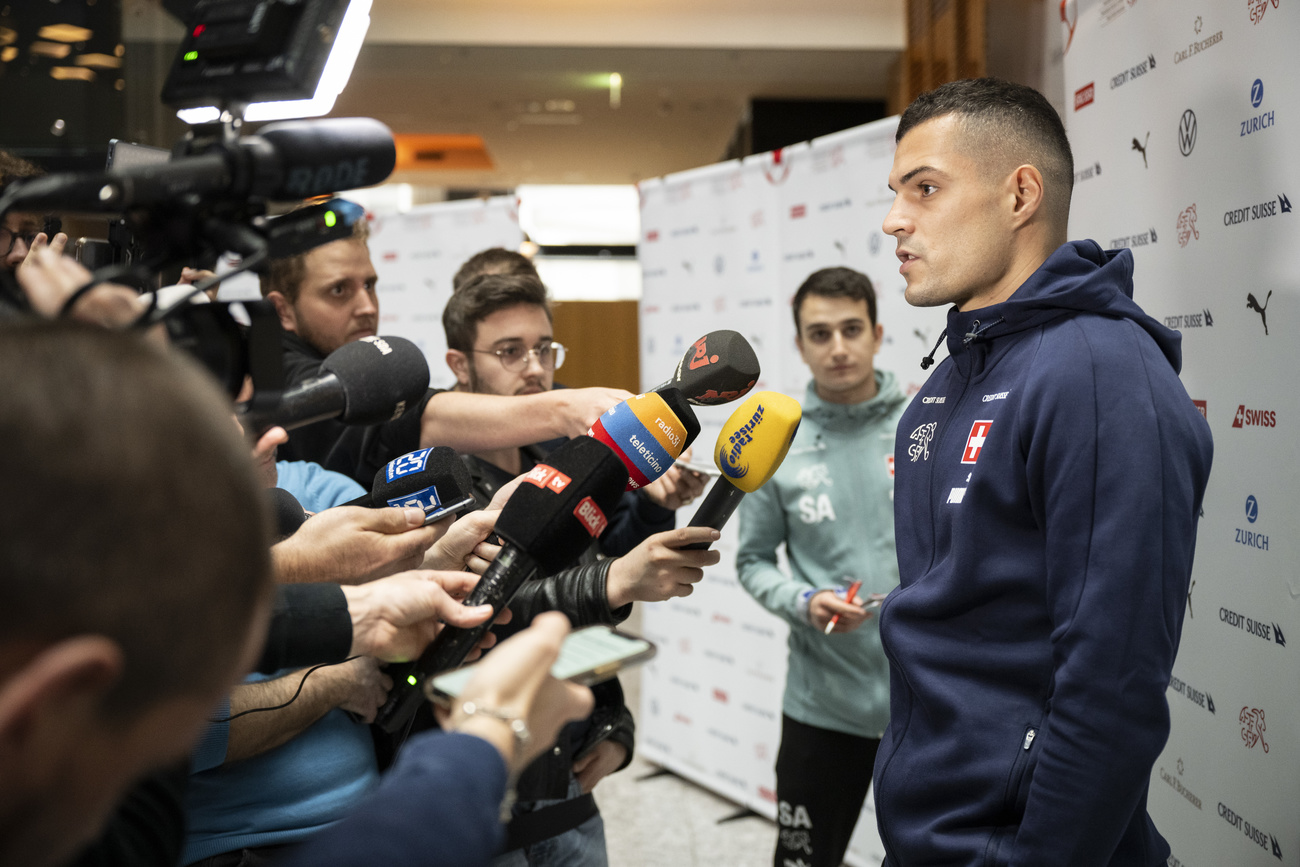
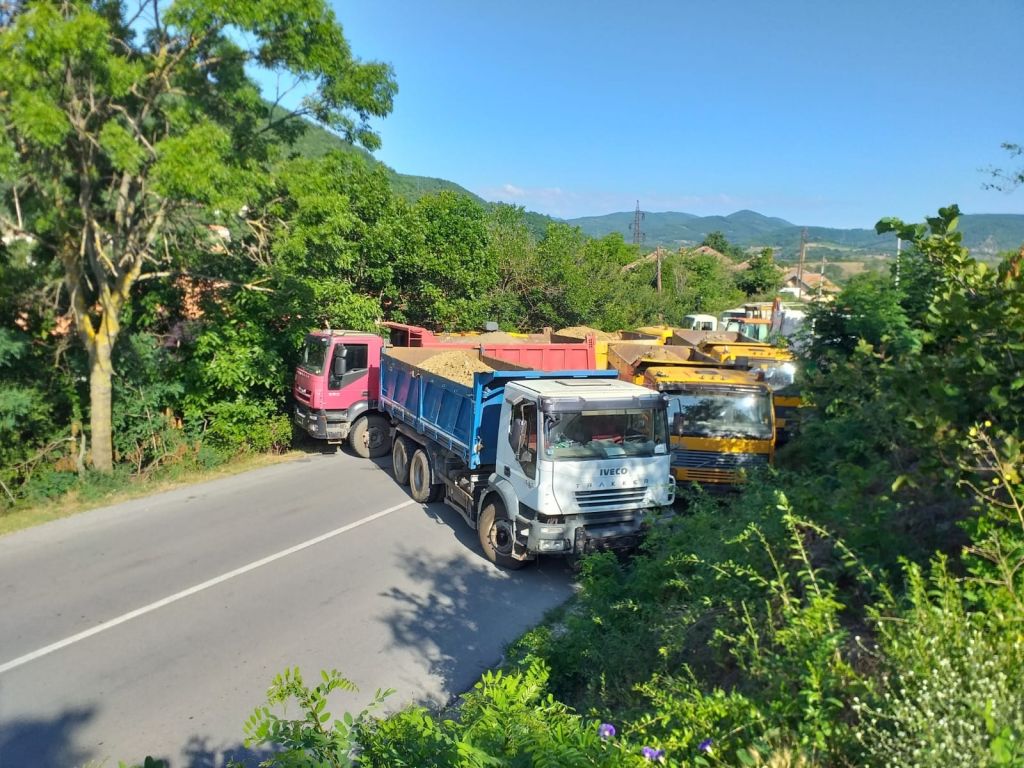
You can find an overview of ongoing debates with our journalists here . Please join us!
If you want to start a conversation about a topic raised in this article or want to report factual errors, email us at english@swissinfo.ch.